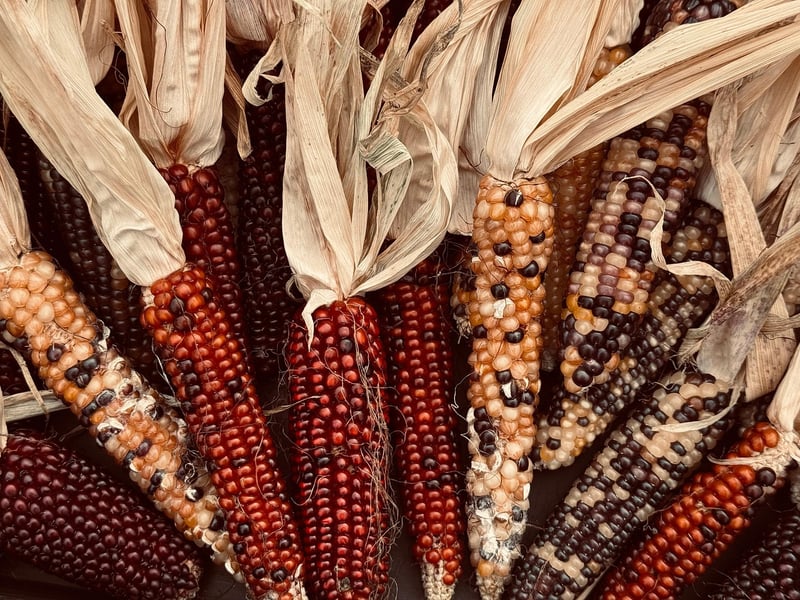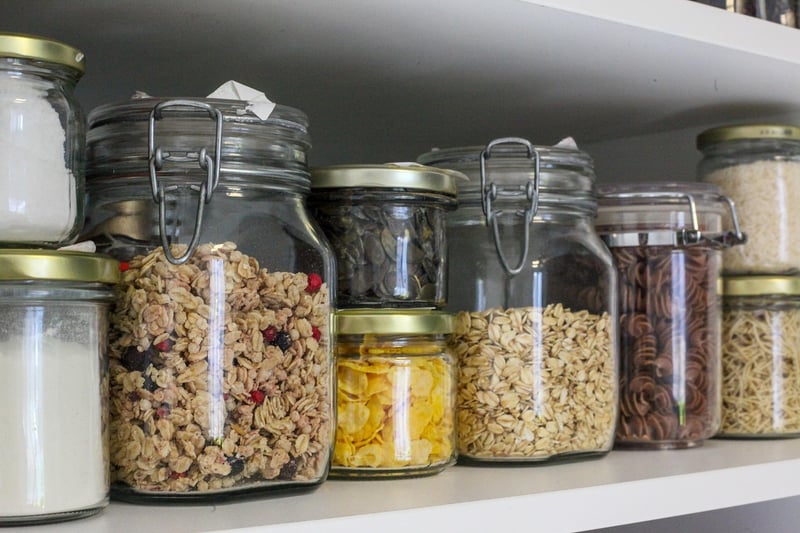Zero-waste Lifestyle
The Ultimate Guide to Sustainable Gardening and Zero-Waste Lifestyle
Introduction
Welcome to the world of sustainable living where gardening meets zero-waste practices. In this guide, we will explore how you can cultivate a beautiful garden while reducing waste and making environmentally conscious choices.
Sustainable Gardening
Sustainable gardening involves using practices that minimize the negative impact on the environment. Here are some tips to make your garden more sustainable:
1. Composting
Start a compost pile in your garden to recycle kitchen scraps and yard waste into nutrient-rich soil for your plants. Composting reduces the amount of organic waste that ends up in landfills.
2. Water Conservation
Collect rainwater in a barrel to use for watering your garden instead of relying on tap water. Installing a drip irrigation system can also help reduce water waste by delivering water directly to the roots of plants.
3. Native Plants
Choose native plants that are well-suited to your region's climate and soil conditions. Native plants require less water and maintenance, making them a more sustainable choice for your garden.
Zero-Waste Lifestyle
Embracing a zero-waste lifestyle involves reducing, reusing, and recycling to minimize the amount of waste that goes to landfills. Here are some tips for incorporating zero-waste practices into your daily life:
1. Say No to Single-Use Plastics
Avoid using single-use plastics such as plastic bags, straws, and water bottles. Opt for reusable alternatives like cloth bags, stainless steel straws, and refillable water bottles.
2. Shop in Bulk
Reduce packaging waste by shopping in bulk and using your own containers. Bring reusable jars and bags to store items like grains, nuts, and spices without generating unnecessary packaging.
3. Compost Kitchen Scraps
Composting kitchen scraps not only reduces waste but also creates nutrient-rich soil for your garden. Start a compost bin or worm composting system to turn food waste into valuable compost.
Conclusion
By combining sustainable gardening practices with a zero-waste lifestyle, you can make a positive impact on the environment and create a healthier planet for future generations. Start small by implementing one or two tips from this guide and gradually incorporate more eco-friendly practices into your daily routine.
Remember, every little step towards sustainability counts!


